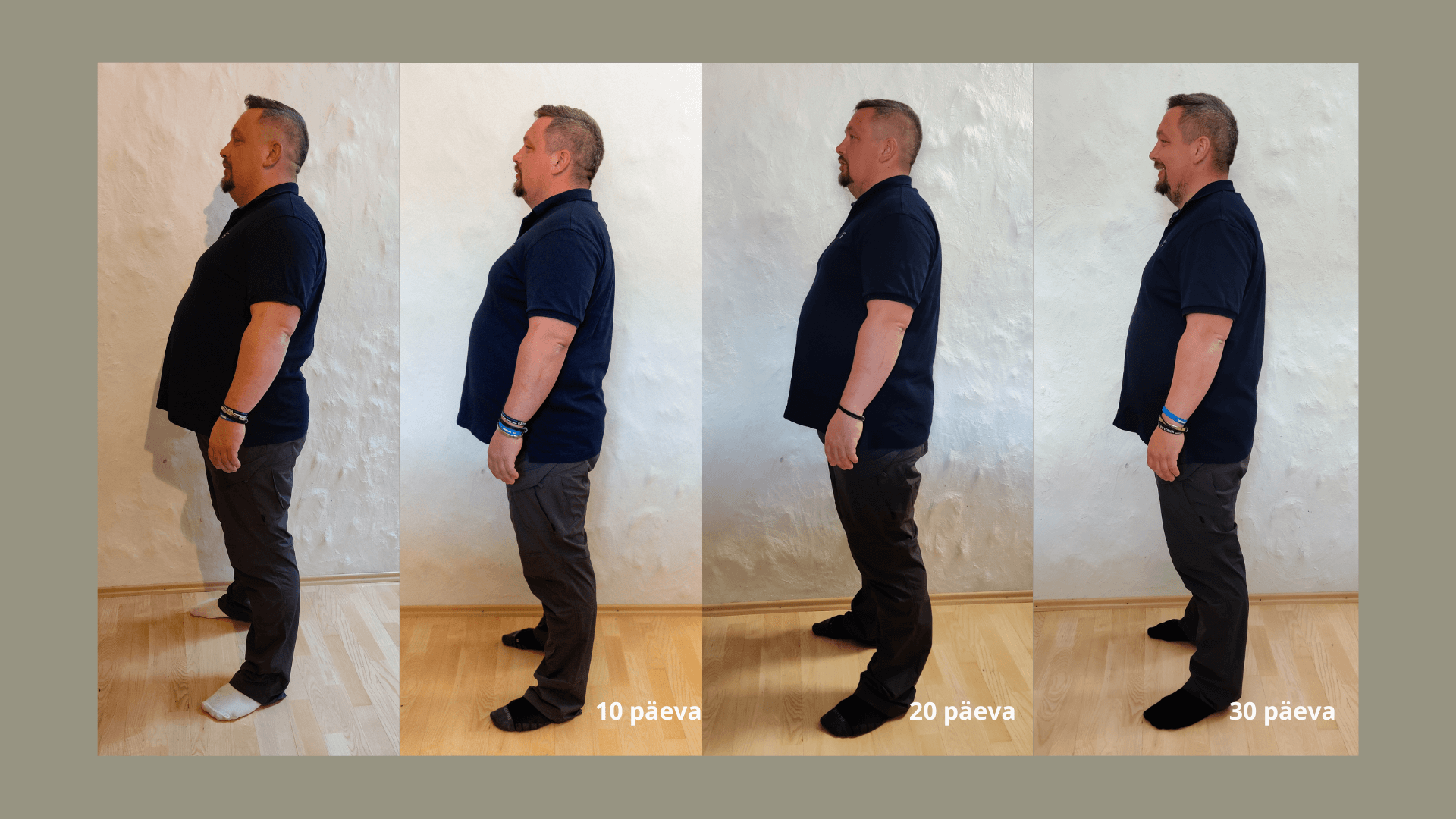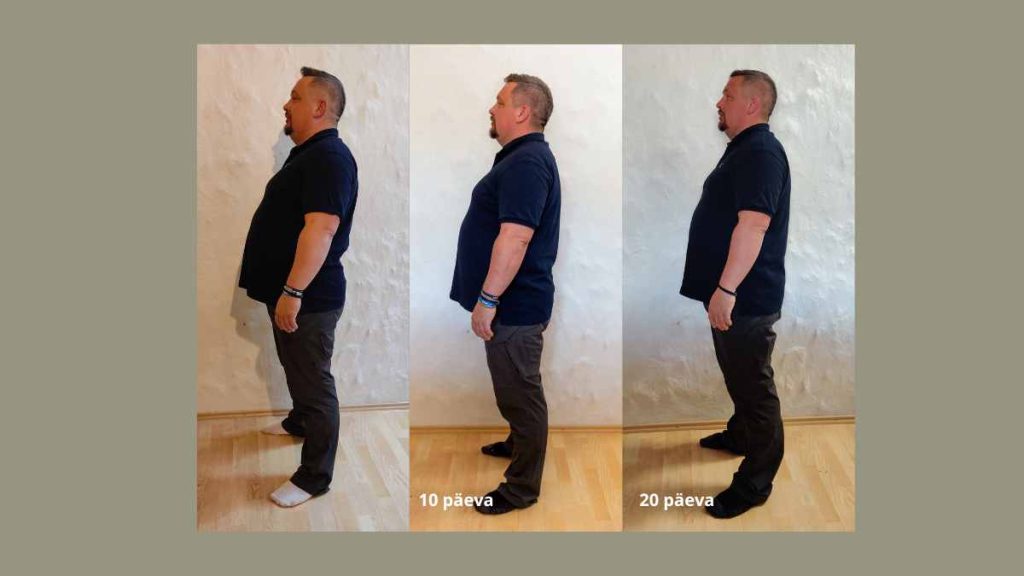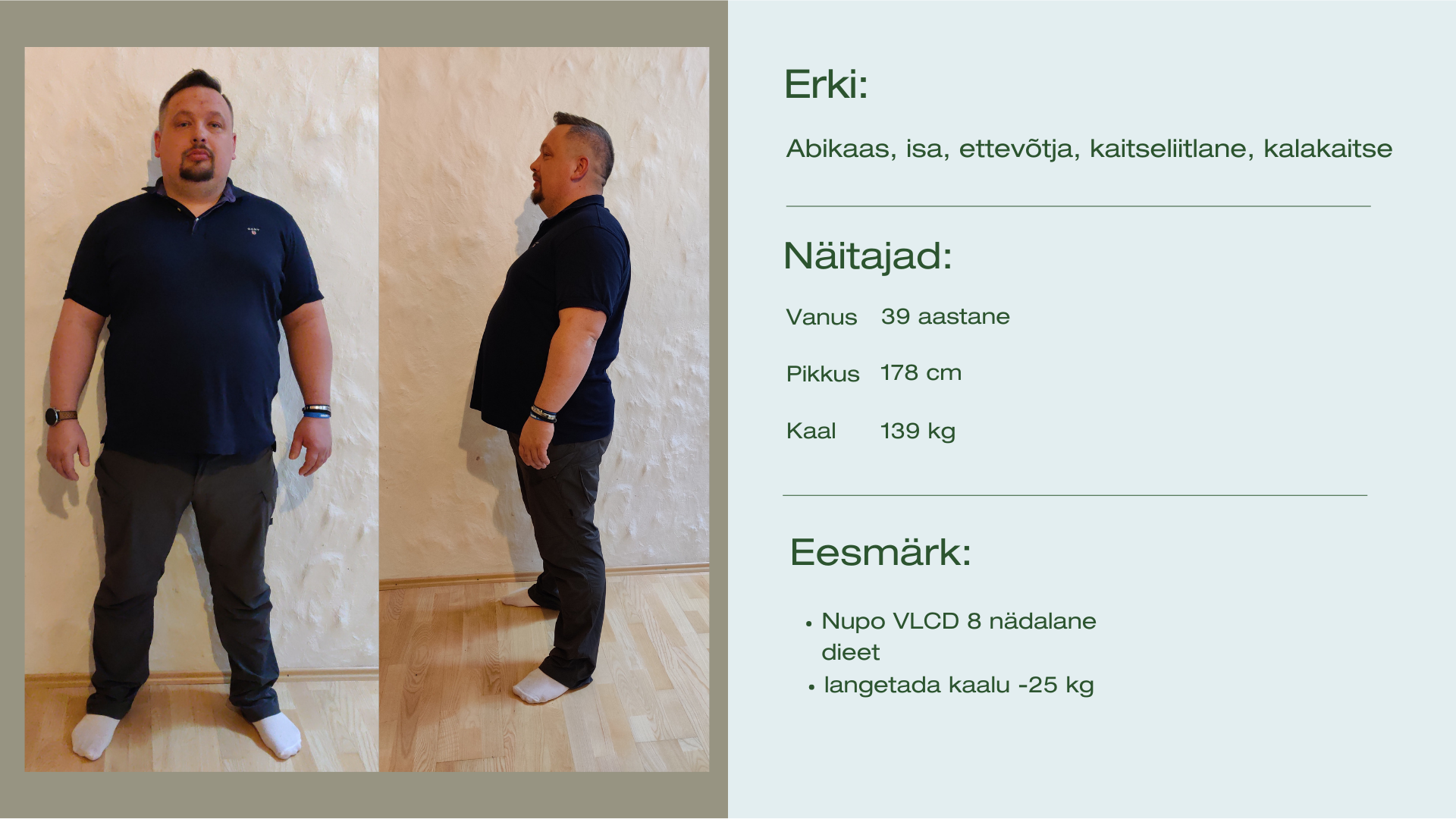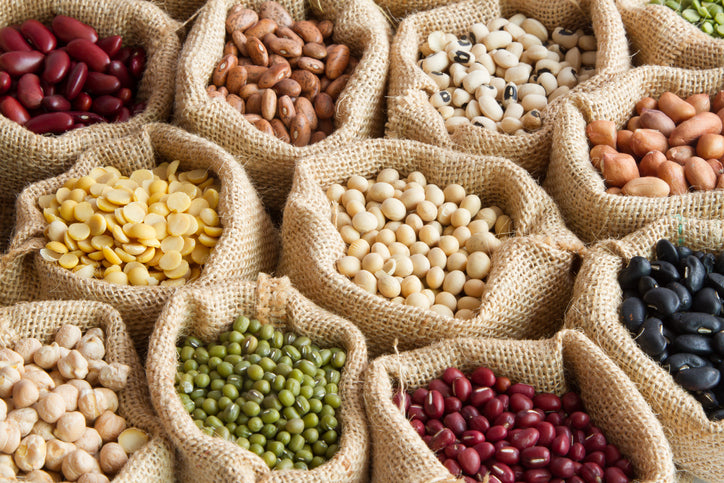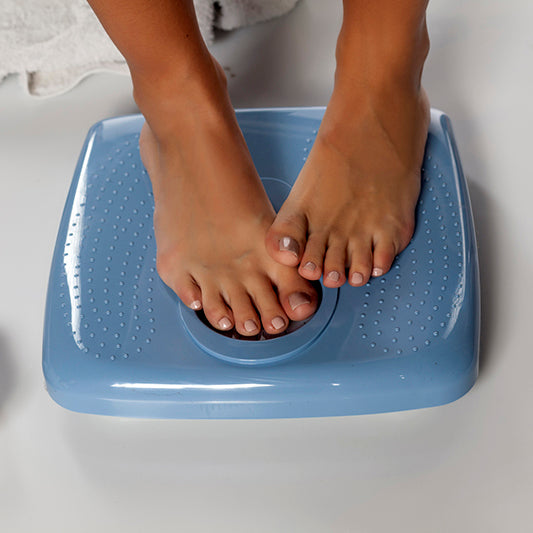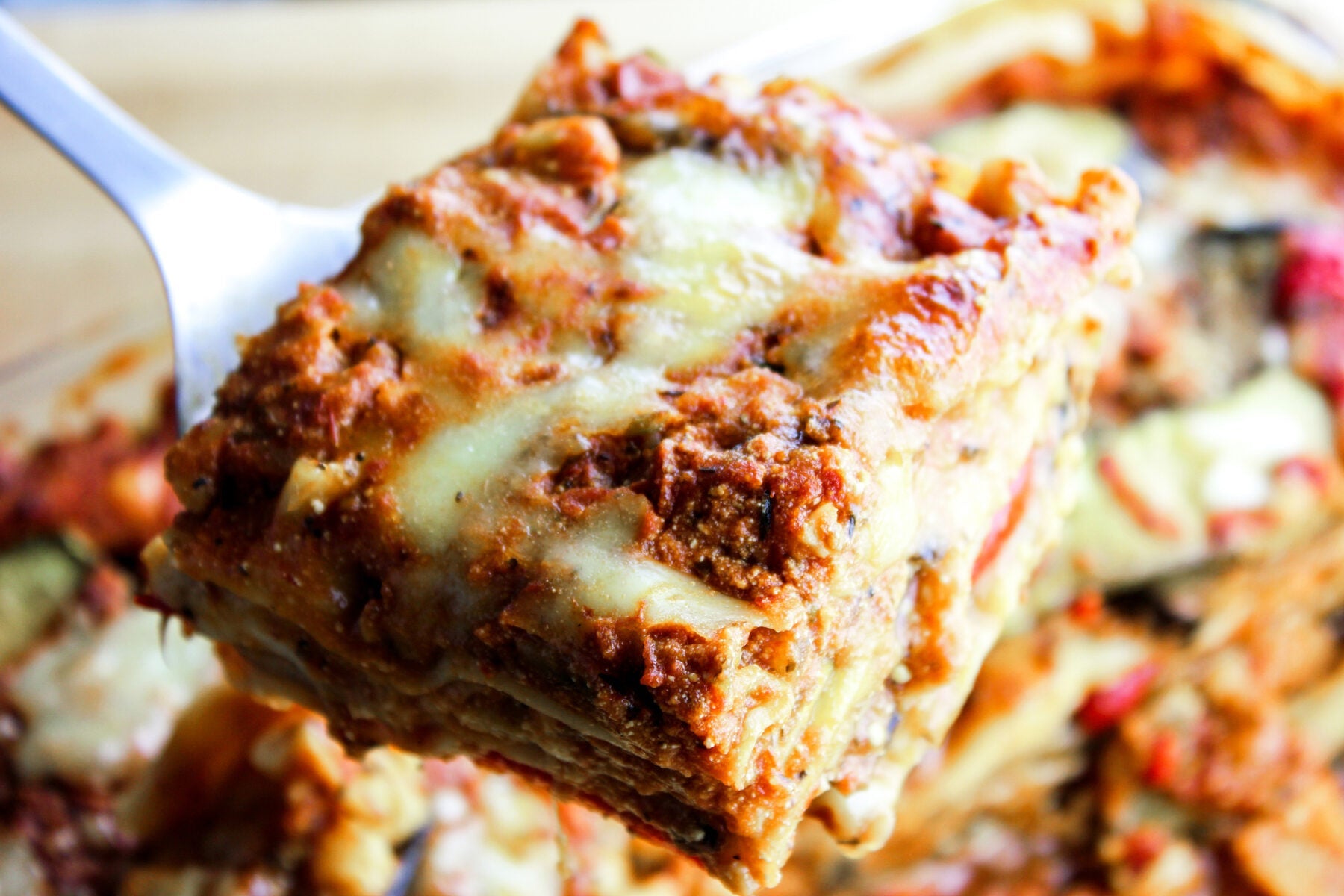Introduction
A very low-calorie diet (VLCD) as a nutrition, powder formula diet is being widely used for the treatment of obesity and has been documented to be effective and safe. This regimen facilitates compliance because of its simplicity combined with rapid weight loss, which may further encourage the patient to stick to the diet. The major drawbacks are still the patients’ complaints of hunger between meals, constipation and the infrequency of bowel movements. Recently it has been shown that fibre supplementation to a conventional diet reduces hunger, increases the frequency of bowel movements and softens the consistency of the stools. The supplementation of fibre to a formula diet designed for VLCD has not hitherto been reported.
The purpose of the present investigation was to examine if the addition of fibre to a nutrition powder improves compliance by modifying hunger, satiety, stool consistency and bowel movements. As fibre may impair intestinal absorption of various divalent cations and vitamins, we also monitored plasma levels of the most important metal ions together with other relevant plasma constituents.
Methods
To examine whether supplement of dietary fibre may improve compliance to a very low-calorie diet (VLCD) a nutrition powder (Nupo) providing 388 kcal/day (men: 466 kcal/day) was compared with a similar version containing plant fibre 30 g/day. Twenty-two obese patients entered the study. After a baseline habitual diet, they were randomized to two weeks of treatment in a single-blind design to either VLCD with or without dietary fibre. Subsequently, they were crossed over for a further 2 weeks of treatment.
Results
All 22 patients completed the study without any missed appointments or other deviations from the protocol. The two groups had similar weight losses (about 10 kg/4 weeks), and dietary fibre did not improve this result. During VLCD with fibre, hunger ratings were significantly lower than during VLCD without fibre. Bowel movements decreased from 1.9/day on a habitual diet to 0.7/day on VLCD without fibre but increased to 1.0/day by fibre supplement. No effect of fibre supplementation to satiety, consistency of faeces and flatulence. The supplement of dietary fibre did not influence plasma concentrations of divalent cations like calcium, iron or magnesium, nor did it add any lowering effect on plasma glucose, cholesterol or triglyceride to that of VLCD.
Conclusion
The supplement of dietary fibre to VLCD may improve compliance by reducing hunger and increasing the number of bowel movements, without impairment of absorption of divalent cations.
For the full study, click here.
